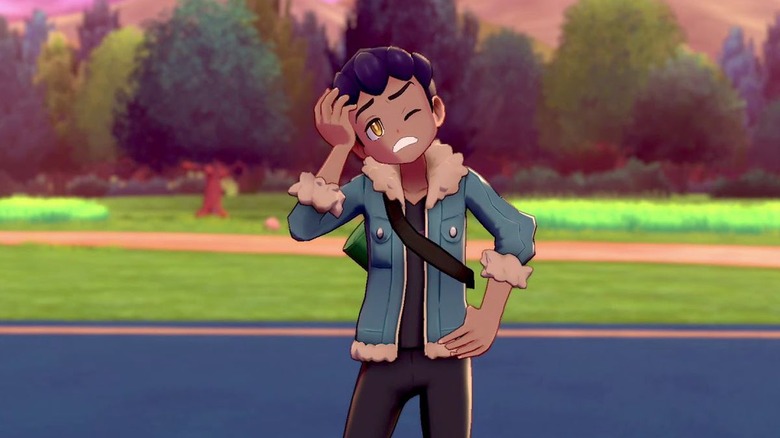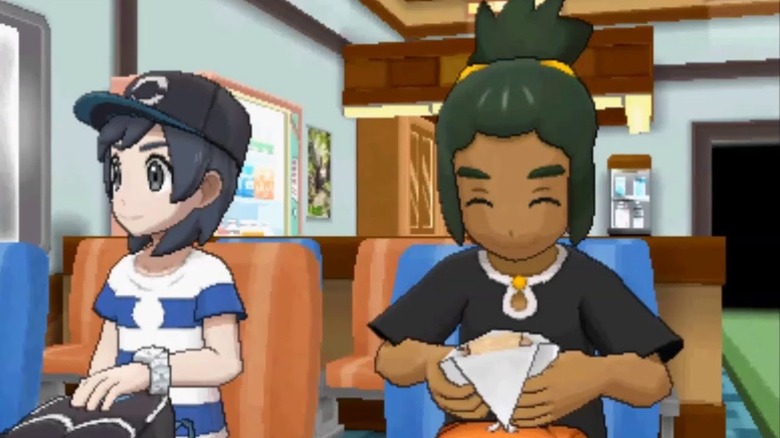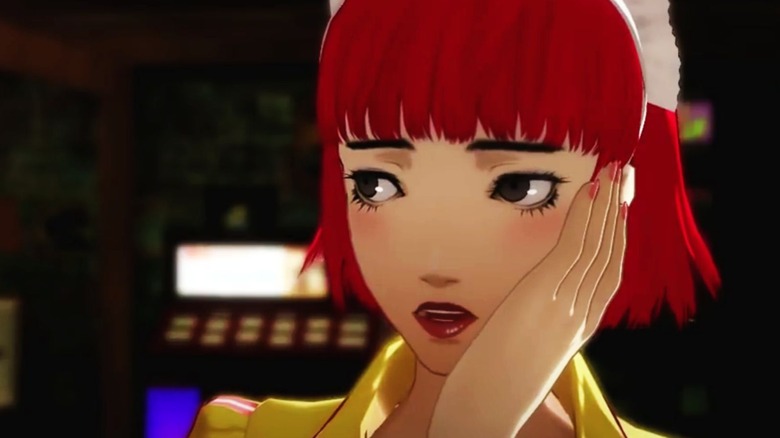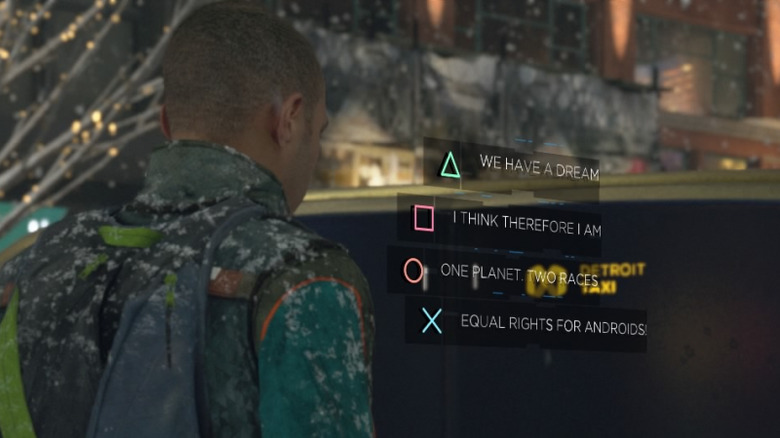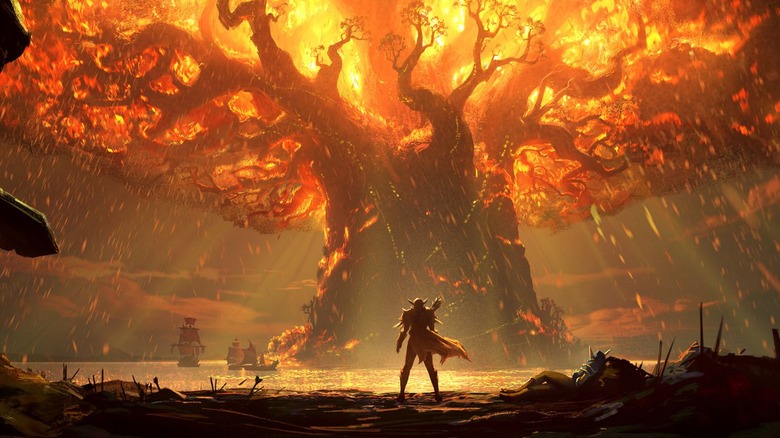Video Game Character Arcs That Caused Serious Fan Backlash
There are plenty of controversies these days over microtransactions, delays, and conspicuously missing content. Historically, however, there's nothing like a sour story that will ruffle gamers' feathers. Players who invest their time and money into the latest and greatest of games want to feel for the characters that they interact with, and hopefully see them have some sort of satisfying end.
There are some characters, though, who have met lackluster ends, or have taken turns for the worse.
When this happens, you'll be sure to hear about it. Fans are wont to make their disappointment known. Here are some character arcs from the world of gaming that drudged up some serious controversies.
Hau wasn't much of a rival (and neither was Hop...)
The last two Pokemon titles played host to plenty of controversies: Pokemon Sword and Pokemon Shield had unsatisfied fans tweeting #GameFreakLied in protest of certain choices on the part of the animators. Players also had beef with the games' writers, however. For the last few years, Game Freak seems to have given up on a tough, worthy rival and has instead embraced characters whose stories aren't nearly as compelling.
Take Sun and Moon's Hau, for example. He's a kind kid who never really stops smiling. He doesn't present much of any challenge and is happy to trail behind the player. This led to fans actually theorizing that Hau was the games' true protagonist while they, the player, was the no nonsense rival.
This deviation from the original Pokemon formula wasn't received with the most open of arms. When Hop came around in Pokemon Sword and Pokemon Shield, players were even more bemused to find that their rival was another wimp. Hop's self-esteem steadily tanks as players beat him and his ineffectual team of Pokemon again and again. The lack of challenge made players feel frustrated, even pitying of poor Hop.
Erica's almost unhappy ending
The re-release of Catherine, now under the title Catherine: Full Body, led to some serious concerns from the LGBTQ community. The game was never very kind to its one and only trans character, Erica. She's a waitress who had to put up with the game's protagonist and his buddies generally being jerks about her gender. Not cool. What's worse is that, in the game's good ending where everyone wound up happy, Erica never transitioned. This sent a troublesome message that fans were quick to pick up on and rally against.
Because of the implication that Erica would be better off without transitioning, fans took to Twitter to announce that they wouldn't be playing the game. The top Catherine esports players David "Dacidbro" Broweleit gave the remaster a hard pass because of the transphobic content. While some people felt that this reaction was exaggerated or unwarranted — the original game was rife with transphobic comments, after all — others feel it was important to speak out. The localization team became aware of the backlash and reportedly tried their best to dull down the bigotry in the original script.
This backlash was heard, loud and clear, by even those involved with the game.
Detroit: Become Human had some ethical issues
Detroit: Become Human was at the center of several controversies due to writer and director David Cage's... well, controversial choices. His story of an android revolution borrowed elements and word-for-word lines from the American Civil Rights movement, but seemed to miss the mark. Players felt that this ham-fisted allegory was poorly written, and even "insultingly reductive."
What's more is that certain people, even members of UK Parliament, felt that Kara's story in particular was seriously inappropriate. Kara was an android housekeeper who witnessed her owner abuse his daughter. In one trailer for the game, Kara can make the decision to be obedient and stand by, or disobey in order to save little Alice. Children's Commissioner for England, Anne Longfield, said that Kara's story "seems to end up in a clumsy, inappropriate and graphic gameplay that is no more than an unpleasant exploitative way of making money off the back of real suffering."
In the end, the game was published, apparent flaws and all. Players still weren't satisfied with the lackluster Civil Rights Movement allegory, and they also felt that David Cage was weirdly violent toward the game's women. Not cool.
Sylvanas is a villain (shocker)
Sylvanas Windrunner, Warchief of the Horde, wound up being a villain. Shocker. If you're sensing some sarcasm, maybe even bitterness, then you now know how Horde players felt after the Banshee Queen went from a tragic hero to a senseless despot, dragging her allies along with her.
Here's the thing about World of Warcraft: the Horde are not the bad guys. The Alliance are also not the bad guys. Everyone has their own priorities, and they often come into conflict is all. That's why Horde players – half the WoW population — felt betrayed when Sylvanas decided that war crimes were cool and seemingly burnt down Teldrassil, the Night Elf capital, on a whim.
Warchiefs have gone bad in the past, (remember Garrosh?) which is why many players felt that Sylvanas' new character arc was lazy, poor writing. They needed a better reason to become baddies than just the idea that Sylvanas was... sad? Angry? We're not even sure. What is for sure is that this choice by Blizzard caused quite a bit of controversy and backlash from fans.

